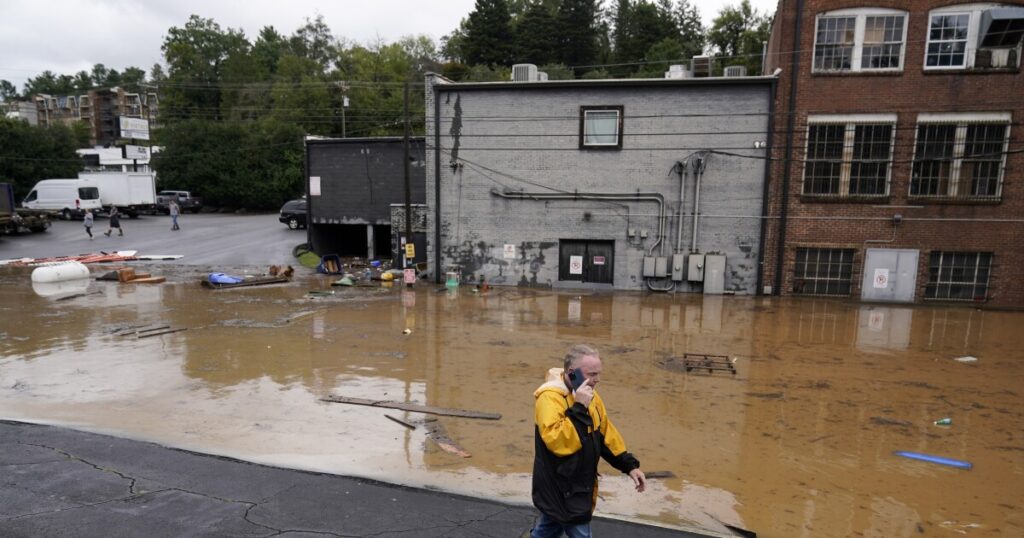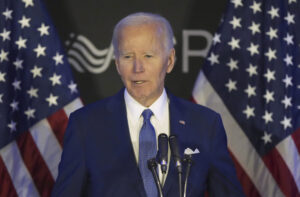In the aftermath of Hurricane Helene, western North Carolina faces a daunting financial gap for its recovery efforts. Despite the significant damages caused by the storm, funding remains critically short, leaving many communities in need of more substantial support.
Recent data from North Carolina’s Office of State Budget Management (OSBM) highlights the funding challenges following Hurricane Helene. While the combined federal and state allocations for recovery efforts reach approximately $5.95 billion, this is merely a fraction—around 10%—of the $59.6 billion estimated to be necessary for comprehensive rebuilding efforts in the region. The storm, which struck on September 27, left a trail of destruction necessitating extensive repairs to homes, infrastructure, and public services.
The OSBM’s quarterly report covers the period from the storm’s impact through March 31, 2025, and reflects the ongoing struggle to secure adequate funds. In December 2024, Congress passed the American Relief Act (HR 10545), approving $100 billion to support states affected by Hurricanes Helene and Milton. North Carolina requested $25 billion from this fund, hoping to receive around $16 billion. However, the report reveals that as of March 31, 2025, only $2.7 billion had been allocated, with at least $2 billion still outstanding.
Furthermore, the report does not account for the most recent $524 million state relief package, approved in March but not yet disbursed by mid-April. Various programs must meet federal requirements before funds can be utilized, delaying the deployment of resources.
Allocation of Recovery Funds
A breakdown of the recovery fund allocation shows varied spending across different programs. Key figures include:
- FEMA’s Public Assistance: $417 million, covering emergency protective measures, debris removal, and other public needs.
- FEMA Individual Assistance: $415 million, supporting 158,000 households with housing repairs and other needs.
- The U.S. Small Business Administration: $167 million, offering loans for business and home repairs.
- Unemployment Assistance: $90 million, addressing income loss for workers across the region.
- Rental Assistance: $1 million, aiding renters at risk of eviction.
Future State and Federal Funding
State lawmakers have earmarked $524 million for additional programs, set to be distributed over the coming months. These include agricultural disaster aid, housing repair initiatives, and infrastructure grants. Meanwhile, $1.65 billion in federal funds from the U.S. Department of Housing and Urban Development is also awaiting allocation, with projects focused on housing, infrastructure, and economic revitalization.
North Carolina continues to seek further federal assistance. Governor Josh Stein has requested an additional $19 billion, emphasizing the need for comprehensive recovery efforts to address housing, infrastructure, and municipal budget shortfalls.






